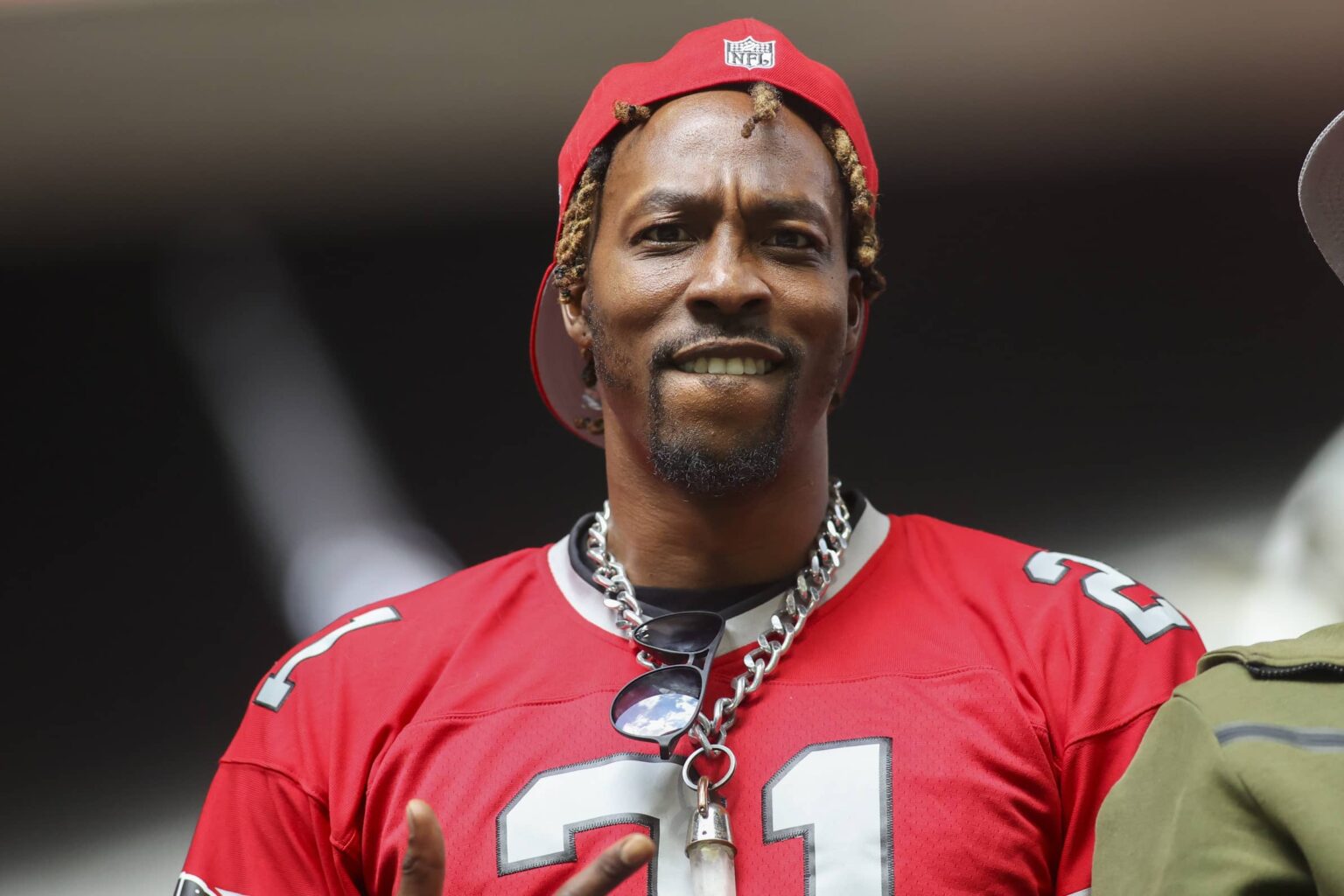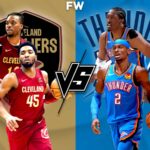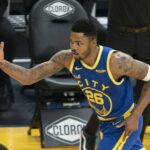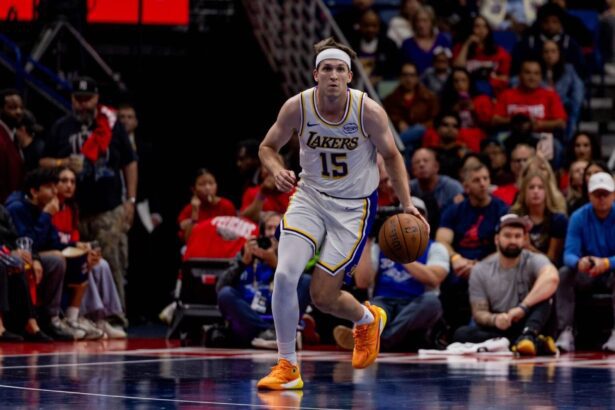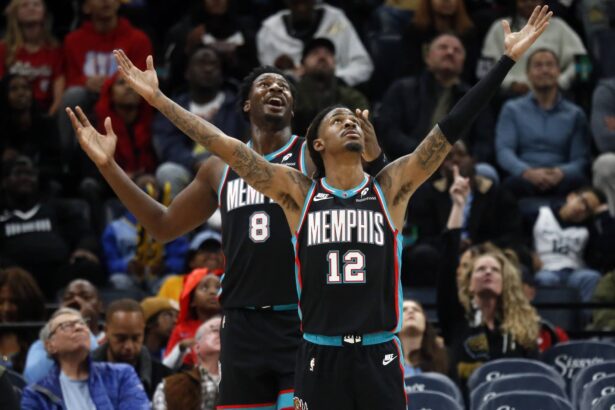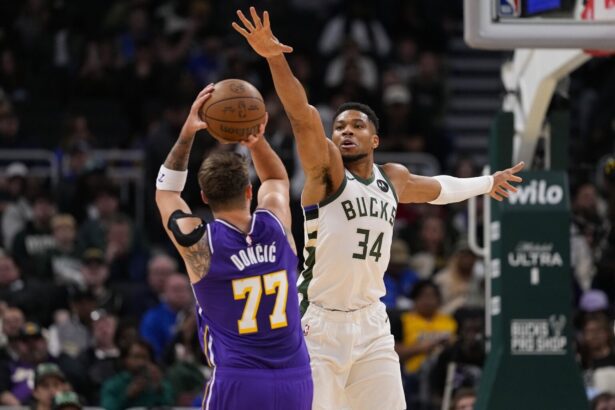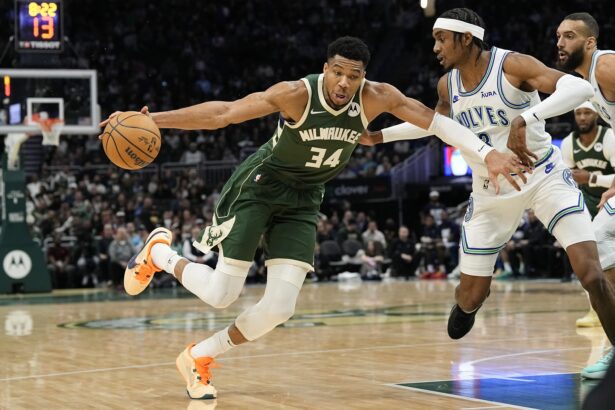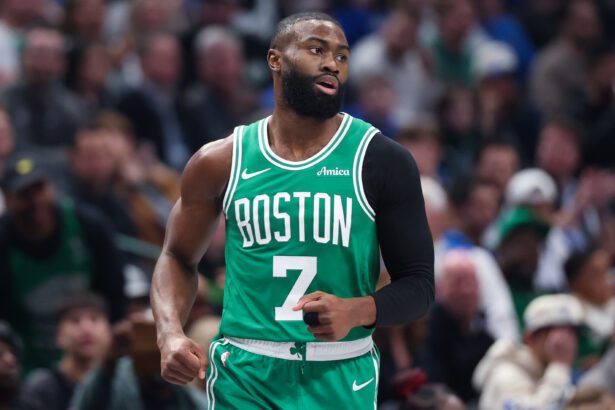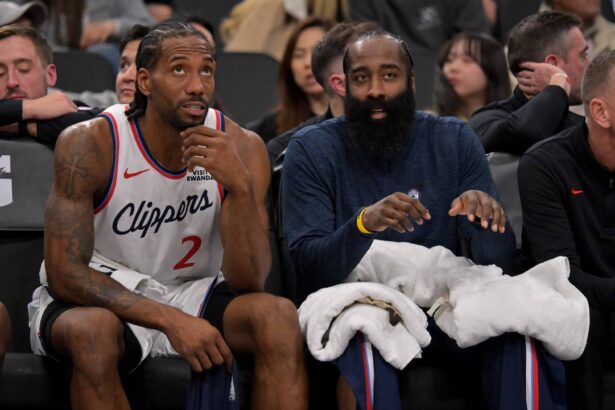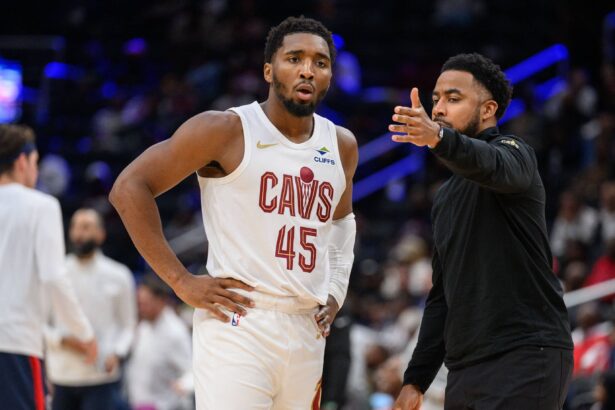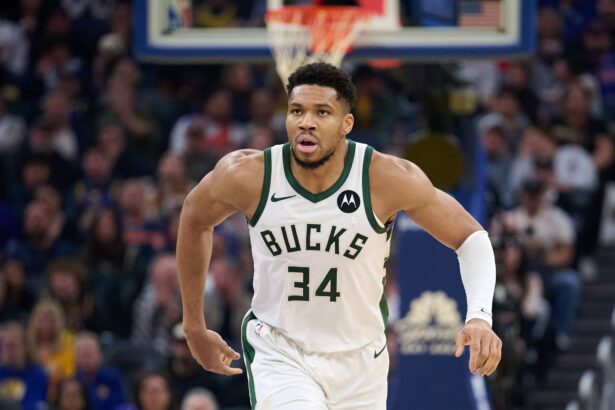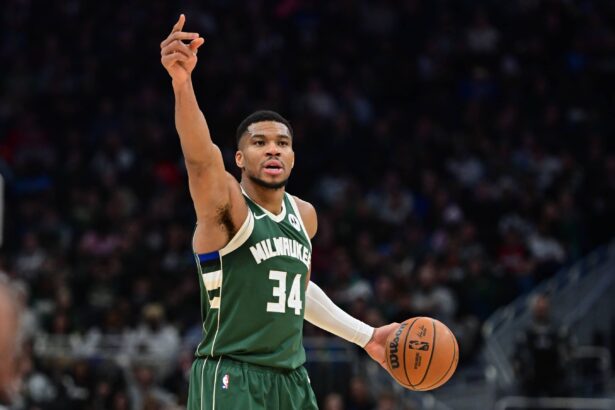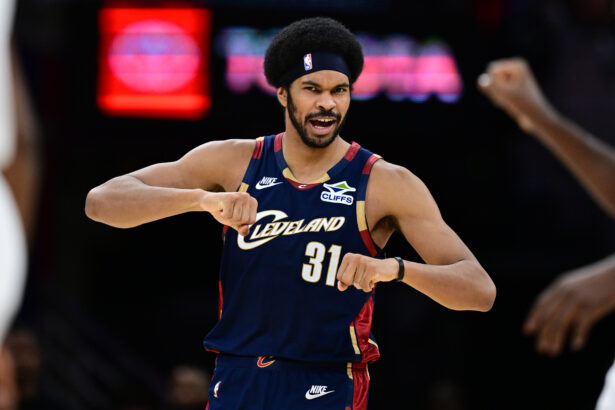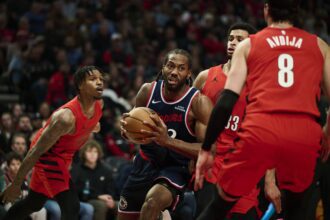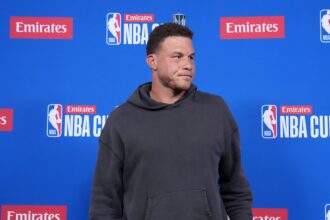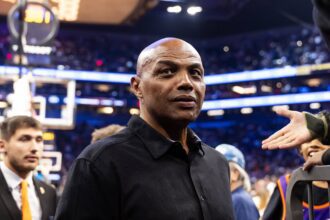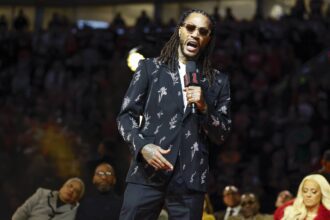Dwight Howard recently shared a revealing anecdote about his 2014 tweet that nearly jeopardized his NBA career. In a candid interview on the GAUDS show, Howard explained the intense fallout that occurred within just ten minutes of the tweet going live.
“When you’re in the NBA, there are a lot of things you want to say—things you could say—but you know if you say them, there will be repercussions. You can get in a lot of trouble.”
“For example, a couple of years ago when I played for the Houston Rockets, I tweeted ‘Free Palestine,’ and I almost got kicked out of the league for it. I was trying to figure out why, you know what I’m saying?”
“Before that, I had a conversation with some Palestinians. I actually went to the movies one day in Houston, and a whole bunch of Palestinians came up to me. They were like, ‘Hey, man, we’re big fans of you. Can we watch the movie with you?’ So I said, ‘Cool, man.'”
“When I was in Houston, Orlando, and a lot of the cities I played in, I would take fans to the movies, or to big events like Main Event or Dave & Buster’s and stuff like that.”
“After the movie, I was taking pictures with all the fans, and they asked me to bring some awareness to what’s going on in their country. So, me having a big heart, I thought, ‘You know what? I want people to know about the struggles y’all are going through. I don’t think this is wrong.’ So I tweeted ‘Free Palestine.'”
“Less than 10 minutes after I tweeted that, I got a call from the commissioner of the NBA, from agents, and from people working with my foundation at the time. They were all saying, ‘You’ve got to erase this tweet. You’ve got to take this down. You’re going to get in trouble.’ I was like, ‘What did I do that was so bad? Can somebody explain?’ It was just because I went against the grain and said something people didn’t like.”
“So now I felt like I had to stand on what I believe and how I feel, and I couldn’t go back on it. But when you’re in the league, if you say too much or say the wrong thing, you might not get another job.”
“I had to hold my tongue, and that’s so hard to do when you’re faced with so many situations. You have things going on outside of basketball, situations with your teammates or the team, and you can’t really speak on them.”
“Eventually, I got to a place where I felt like I couldn’t trust anything or anybody. So I decided I wasn’t going to say or do anything. But that became a problem too because now other people were speaking for me.”
Howard’s experience sheds light on the broader landscape of sports and social activism. While the NBA has encouraged players to advocate for social justice, as seen in movements like Black Lives Matter, topics related to international conflicts or geopolitics remain fraught with risks. Howard’s situation underscores the nuanced boundaries that athletes must navigate when using their platforms for advocacy.
The incident also reflects the NBA’s sensitivity to global markets. The league’s relationship with international partners, including countries with significant stakes in political issues, often influences its approach to player activism. Howard’s tweet came at a time when the NBA was expanding its global reach, making his statement particularly contentious.
Dwight Howard’s “Free Palestine” tweet and its aftermath serve as a poignant example of the tightrope athletes walk when addressing sensitive issues. While Howard acted out of compassion, his experience demonstrates the challenges of speaking out in a highly scrutinized, politically charged environment. As athletes continue to leverage their platforms for advocacy, Howard’s story remains a cautionary tale about the complexities of balancing personal beliefs with professional consequences.
Thank you for being a valued reader of Fadeaway World. If you liked this article, please consider following us on Google News. We really appreciate your support.

